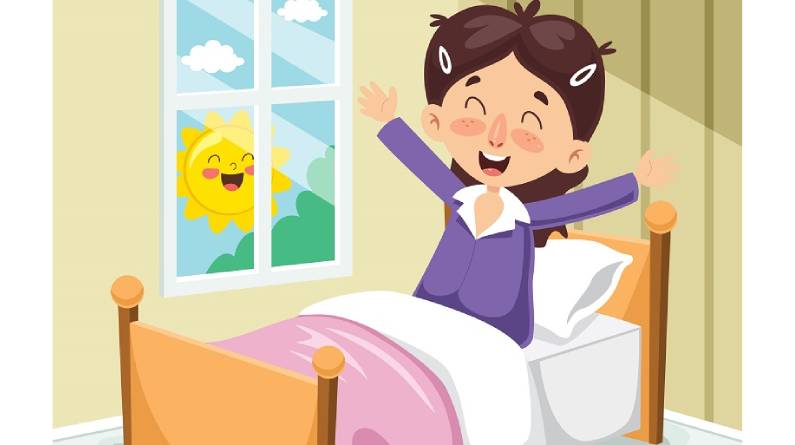The Circadian Rhythm: Understanding Our Internal Clock
Our bodies have an internal clock that regulates our sleep-wake cycle, also known as our circadian rhythm. This natural process is controlled by the hypothalamus, a portion of the brain, and is influenced by external factors like light.
What is the Circadian Rhythm?
The circadian rhythm is a complex process that controls the daily ups and downs of our biological processes, including body temperature, blood pressure, and hormonal changes. It’s established during the first few months of life and plays a crucial role in maintaining our physical and mental health.
How Does the Circadian Rhythm Affect Sleep?
Our circadian rhythm makes us feel sleepy between midnight and dawn, and to a lesser extent, during the mid-afternoon. Even if we try to stay awake for 24 hours, our bodies tend to slip into small naps, especially between 2 am and 4 am and 2 pm and 3 pm.
The Role of Light in Regulating the Circadian Rhythm
Exposure to light is essential for regulating our circadian rhythm. When we’re exposed to light during our regular sleeping hours, it can delay our sleep-wake cycle. Studies have shown that blind people often experience shifts in their circadian rhythm, highlighting the importance of light in regulating our internal clock.
The Sleep Cycle: NREM and REM Sleep
Sleep is divided into 90-minute cycles of rapid and non-rapid eye movements. Non-rapid eye movement (NREM) sleep has three stages, including light sleep, deep sleep, and the release of hormones that control growth and appetite. Rapid eye movement (REM) sleep is characterized by rapid eye movements, increased brain activity, and the release of hormones that help regulate emotions and memory.
Factors That Affect the Circadian Rhythm
Various factors can disrupt our circadian rhythm, including:
– Shift work
– Pregnancy and childbirth
– Time zone changes
– Medications
– Parkinson’s disease
– Menopause
The Importance of Maintaining a Healthy Circadian Rhythm
Maintaining a healthy circadian rhythm is essential for our physical and mental health. By understanding how our internal clock works and taking steps to regulate our sleep-wake cycle, we can improve our alertness, cognitive function, and overall wellbeing.
References:
https://www.sleepfoundation.org/articles/what-circadian-rhythm
https://www.helpguide.org/harvard/biology-of-sleep-circadian-rhythms-sleep-stages.htm
https://en.wikipedia.org/wiki/Circadian_rhythm
https://www.webmd.com/sleep-disorders/circadian-rhythm-disorders-cause#1
https://www.sleepfoundation.org/articles/melatonin-and-sleep
https://www.hormone.org/your-health-and-hormones/sleep-and-circadian-rhythm

